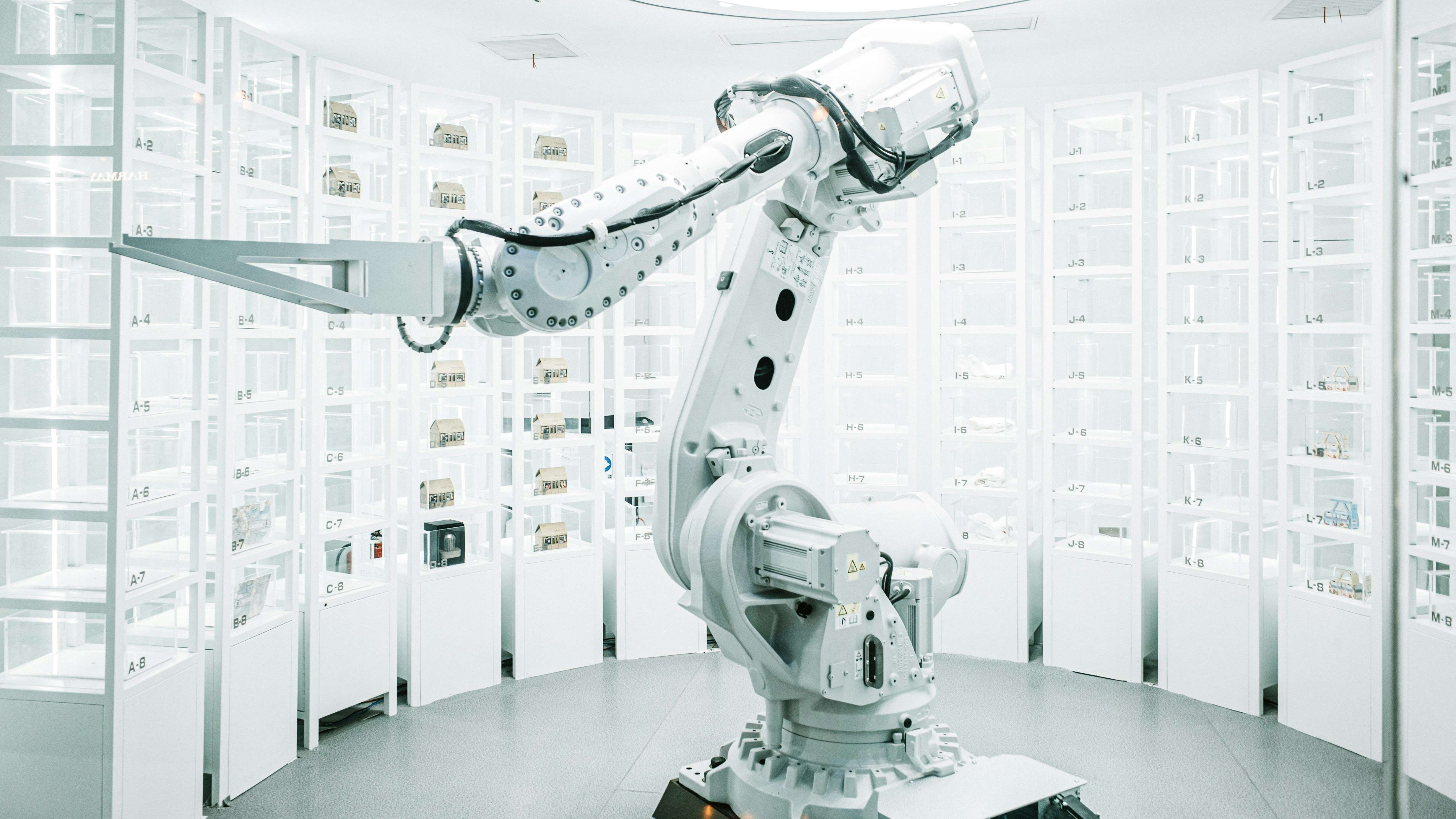The Rise of Artificial Intelligence: Transforming Our World
Artificial Intelligence (AI) has rapidly evolved from a futuristic concept to an integral part of our daily lives. From virtual assistants like Siri and Alexa to advanced machine learning algorithms driving innovations in healthcare, finance, and beyond, AI is reshaping the way we live and work.
What is AI?
At its core, AI refers to the simulation of human intelligence in machines. These systems are designed to perform tasks that typically require human intelligence, such as visual perception, speech recognition, decision-making, and language translation. AI can be broadly categorized into two types:
- Narrow AI: This type of AI is designed to perform a specific task, such as facial recognition or internet searches. It operates under a limited set of constraints and is prevalent in many applications today.
- General AI: This is a more advanced form of AI that possesses the ability to understand, learn, and apply knowledge across a wide range of tasks, much like a human being. While still largely theoretical, advancements in AI research are steadily moving us closer to this reality.
How AI Works
AI systems rely on vast amounts of data and sophisticated algorithms to function. Here are some key components:
- Machine Learning (ML): A subset of AI, ML involves training algorithms on large datasets to recognize patterns and make predictions. For example, ML algorithms can analyze historical sales data to forecast future trends.
- Natural Language Processing (NLP): This branch of AI focuses on the interaction between computers and human language. NLP enables machines to understand, interpret, and generate human language, making technologies like chatbots and language translation possible.
- Neural Networks: Inspired by the human brain, neural networks are a series of algorithms that attempt to recognize underlying relationships in a set of data. They are the backbone of deep learning, a more complex form of ML.
Applications of AI
AI’s applications are vast and varied, impacting numerous industries:
- Healthcare: AI is revolutionizing healthcare by enabling early disease detection, personalized treatment plans, and efficient management of medical records. For instance, AI algorithms can analyze medical images to identify anomalies with high accuracy.
- Finance: In the financial sector, AI is used for fraud detection, algorithmic trading, and personalized banking services. AI-driven chatbots provide customer support, while predictive analytics help in risk management.
- Transportation: Self-driving cars are one of the most exciting developments in AI. These vehicles use AI to navigate roads, avoid obstacles, and make real-time decisions, promising to reduce accidents and improve traffic flow.
- Entertainment: AI is enhancing user experiences in entertainment through personalized recommendations on platforms like Netflix and Spotify. AI-generated content, such as music and art, is also gaining popularity.
The Future of AI
The future of AI holds immense potential. As technology continues to advance, we can expect AI to become even more integrated into our lives. However, this progress also brings challenges, such as ethical considerations, job displacement, and the need for robust regulatory frameworks.
Conclusion
AI is not just a technological advancement; it’s a transformative force that is reshaping our world. By understanding its capabilities and implications, we can harness AI’s potential to drive innovation and improve our quality of life.
Feel free to customize this blog post to better suit your style or add any specific details you find relevant! If you have any other topics or specific aspects of AI you’d like to explore, let me know.

